On International Anti-Corruption Day, observed annually on December 9, Burundi continues to rank among the lowest globally in the fight against corruption, according to reports from both African and international organizations. The Transparency International’s recent report places Burundi at a troubling 162nd out of 180 countries, with a corruption score of just 20%. The country has also dropped three places in the Ibrahim Foundation’s African ranking, coming in at 43rd out of 54 countries.
The theme of this year’s Anti-Corruption Day celebrations in Burundi is “Together in the fight against corruption: Educating youth to achieve the objectives of Vision 2040-2060.” Despite the government’s efforts to combat corruption, local political figures and civil society organizations express growing concerns about its pervasive influence. Aloys Baricako, leader of the RANAC opposition party, calls for urgent action, saying: “The law exists but is not enforced. Embezzlement is rampant, and efforts to eradicate this scourge are critical for the country’s development.”
Politicians like Léonce Ngendakumana also criticize the inefficiency of anti-corruption institutions, which, despite their presence, fail to effectively carry out their mandates. “No one is above the law,” says Ngendakumana, urging the president to hold corrupt officials accountable. He adds, “The population is poor, but our country is not. It has potential; what’s missing are leaders and institutions that truly understand what’s in the national interest.”
Civil society groups, such as PARCEM, echo these concerns, noting the widespread corruption that has permeated the country. Faustin Ndikumana, its leader, stresses that the government has effectively resigned in the face of corruption, leaving the nation in a state of impunity. He has expressed regret over the absence of a high court that should be addressing corruption and has called on the government to take decisive action to combat the issue.
The negative impact of corruption on foreign investment is also a major concern. During a roundtable in Bujumbura on December 5-6 aimed at attracting foreign investors, former Nigerian President Olusegun Obasanjo said corruption hampers development across Africa, emphasizing that no country can grow while corruption remains unchecked. He called for immediate action to combat corruption and promote sustainable development.
In response to these alarming statistics, the Anti-Corruption and Economic Malpractice Observatory (OLUCOME) has issued 15 key recommendations, including organizing national conferences on governance and justice reform. Gabriel Rufyiri, the chairman of OLUCOME, insists that these recommendations must be swiftly implemented to address the ongoing corruption crisis that continues to damage the country’s prospects


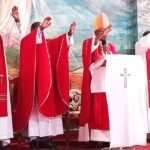

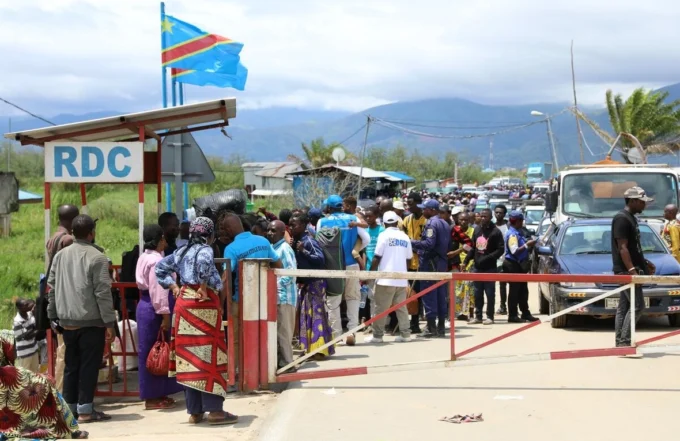
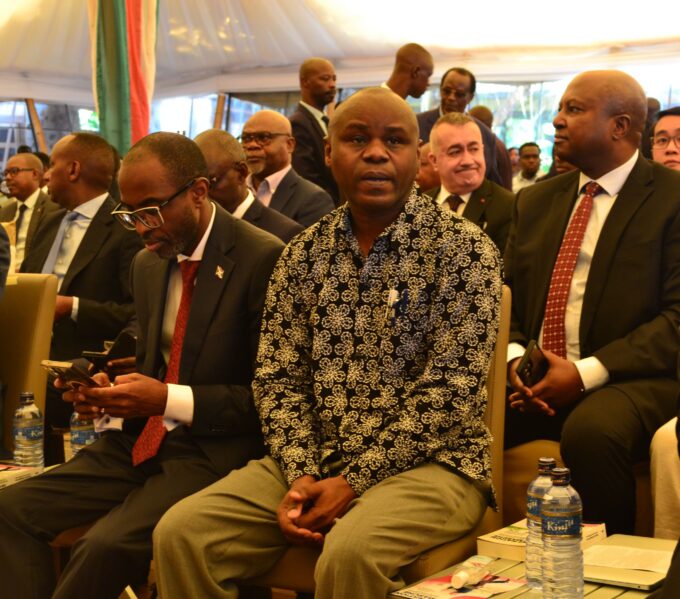
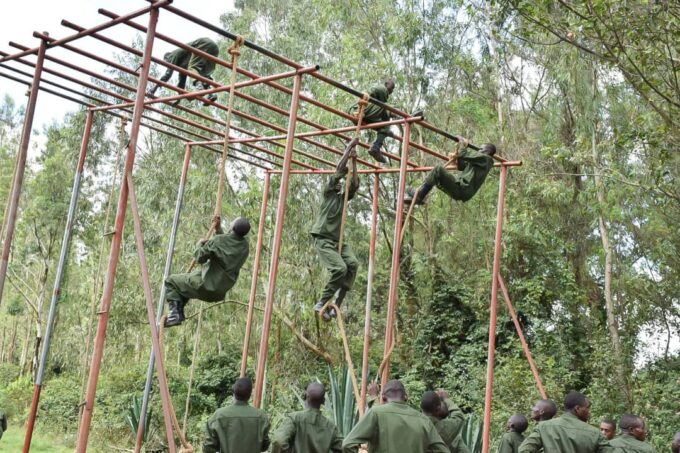
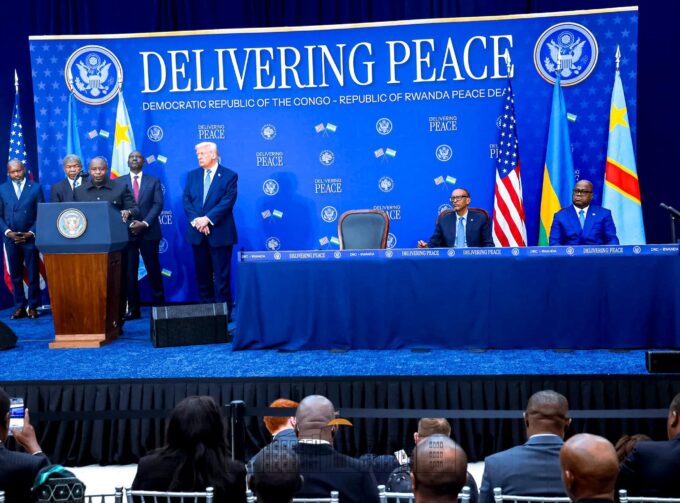
Leave a comment